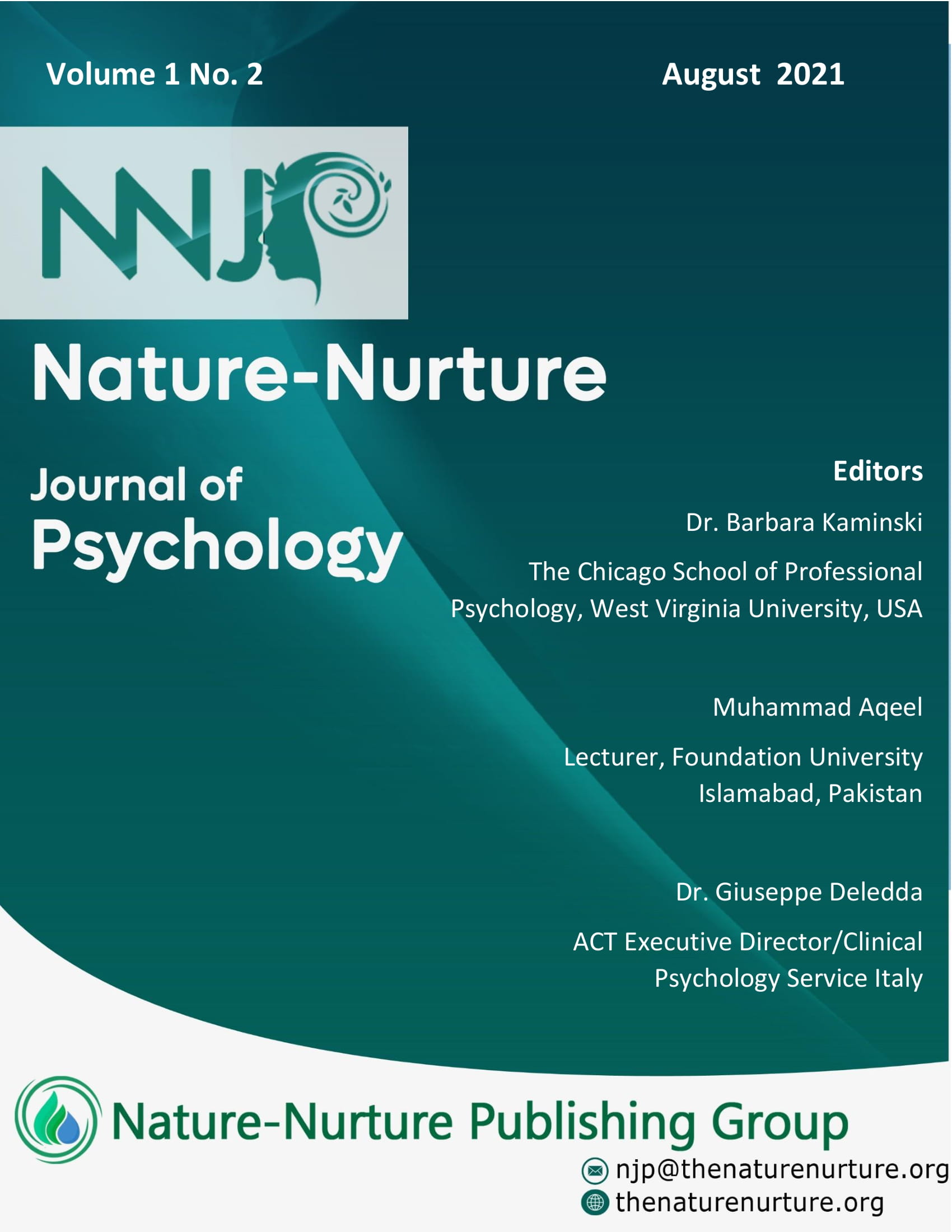Abstract
Background: In the perspective of married women’s psychological and physiological health many assumptions have been made to explain for their increased vulnerability to certain mental health issues in Pakistan context. However, supposed the multifacetedness of topic, no single description is established adequate in itself. ‘Silencing the Self’ approach provided new evidence on above subject matter since it recognizes the importance of culture and social processes. The relationship among marital adjustment, dissociation and depression in married women is well recognized. However, there is a scarcity of study on this topic and the interaction among self-silencing, marital conflict, depression, and dissociation. The purpose of current study was to investigate the mediating role of dissociation and self-silencing in the relationship between marital conflict and depression in Madrassa and Non-Madrassa women.
Methods: A simple random sampling technique and comparative study design were applied to perform this present study. Three hundred participants (Madrassa Married Women, n =150; Non-Madrassa Married Women, n= 150), with age ranged between 18 to 30 (M = 24.10, SD = 6.01) years were incorporated from different public and private Madrassas and housing societies of Rawalpindi, Islamabad and Azad Kashmir, Pakistan.
Results: This study’s findings illustrated that there was positive association among self-silencing, marital conflict, dissociation and depression. Further, this study revealed that self-silencing and dissociation partial mediated in the relationship between marital conflict and depression in Madrassa and Non-Madrassa women.
Conclusions: This study recommended that complex interaction between self-silencing and marital conflict can be triggered symptoms of dissociation and depression in Madrassa and Non-Madrassa women. Prospectively, higher level of marital conflict with self-silencing significantly predicts the occurrence of dissociation and depression disorder in married women. Additionally, this study demonstrated the need for initial detection for identifying and comprehend nature of marital conflict and self-silencing for management of the risk of depression and dissociation in Pakistan context.

This work is licensed under a Creative Commons Attribution 4.0 International License.

